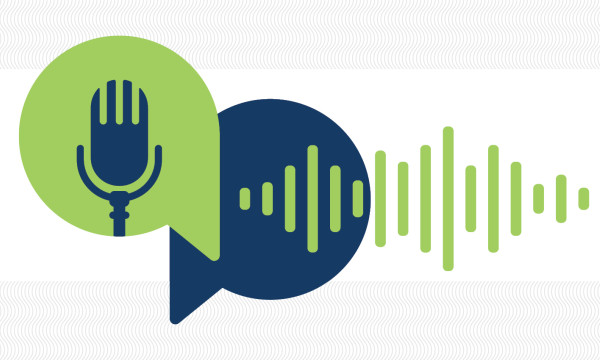Using your HSA in retirement

When you think of paycheck deductions that lower your tax base and ensure you have money socked away for retirement, the first thing that probably comes to mind is your 401(k). While that’s the most common retirement account, there are other retirement savings options often overlooked — including health savings accounts (HSAs).
HSAs are uniquely advantageous in that they offer a one-two-three punch of tax savings. The first tax benefit is that the funds can be added through pre-tax payroll deduction so the money going in isn’t taxed. Many HSAs — including ours offered here at UBT through Omnify — offer the option to invest your HSA dollars in mutual funds. That means the money can grow tax-free, as well. (Equally important to note: Those funds are subject to the stock market, so there’s potential for losses.)*
When used to pay for qualified medical expenses, the funds paid out of the account are also tax-exempt. For more information on what expenditures qualify to be paid out of an HSA, check out our blog on the topic.
Maxing out your HSA is a wise money move
HSAs are the best-kept secret in the retirement savings world for all the tax savings reasons listed above, but also because of exactly why HSAs exist in the first place — they’re a great way to pay for medical expenses, especially during retirement.
If you’re covered by a high-deductible health plan (HDHP) and that’s your only health plan, you’re eligible to contribute to an HSA. Single health insurance coverage and family coverage qualify you for different contribution rates. Check out how much you qualify to contribute here. Congress traditionally votes to raise those limits by about $100 each year. If you’re maxing out your 401(k) contributions every year and looking for even greater tax savings, maxing out your HSA is a wise choice.
Even if you don’t have any medical issues now, retirement years are often a different story. A recent study found that a 65-year-old couple retiring now will pay an average of nearly $300,000 in medical expenses during their retirement years. That figure is expected to keep going up as medical care becomes increasingly expensive.
Having a secondary nest egg established in an HSA allows you to pull from that account during retirement when medical care is needed, offering those tax savings when medical bills come due.
Other benefits of HSAs for retirees
In addition to the tax benefits of saving funds in an HSA and utilizing them for tax-free payments on medical costs is the fact that HSAs don’t require the account owner to take minimum withdrawals once you reach a certain age. That means your money can sit in the account until it needs to be used for medical care.
Another aspect of HSAs many retirees love is their portability. After you’ve punched the company clock for the very last time, your account can be moved to the financial institution of your choice fairly easily. You can also set beneficiaries on your HSA so that if you pass away with a balance, your heirs can benefit from the funds.
As always, we welcome any questions you have about how to maximize your retirement savings and are happy to consult you on which retirement vehicles are best for you. We’re also proud to house all your retirement options right here at UBT.
|
Learning Center articles, guides, blogs, podcasts, and videos are for informational purposes only and are not an advertisement for a product or service. The accuracy and completeness is not guaranteed and does not constitute legal or tax advice. Please consult with your own tax, legal, and financial advisors.




